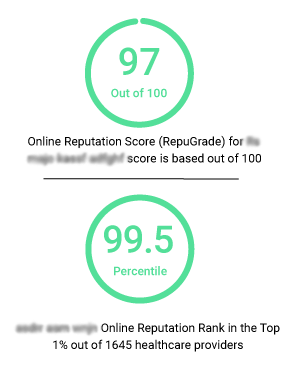8 Tools to Choose a Business Name for Brand Building
When it comes to starting a business, good name might be all you have with regard to brand equity--so you better pick a good name.
There's a lot riding on the name you choose for your business: initial responses from the market, differentiation, brand recognition. But sometimes choosing just the right name can be challenging. Sometimes there are too many options, other times too few. Sometimes you feel like you can't think of any options.
But don't worry, the internet has delivered easy-to-use, powerful business-name-generating tools that can help you find just the right name for your business. Here's a look at eight of the best:
Lean Domain SearchIn today's world, your domain name is as important as your business name. And it's a good thing if you can make them the same. Lean Domain Search helps you do that by allowing you to enter key words and getting a list of possible names/URLs in return.
Name MeshIf you want your business name to capture an emotion, you want to use Name Mesh. It allows you to search for possible names using criteria that relate to specific terms, emotions or even events.
WordoidFor business names that have not yet been used (or even considered), try Wordoid. It generates seeming random but somehow perfect "words" that may or may not make any sense--but they look great and are brandable.
NameStationNameStation is the brains of the operation. This intuitive online tool will generate a list of names and keyword suggestions that are based on the information you share about your interests and business.
NXdomMaybe you're looking for a short URL or business name. Maybe another company has already used it. NXdom allows you to search short URLs and find those that have expired and are available.
DomainholeLook for expired domains. Get help generating new ones. Brainstorm. That's what Domainhole does.
DomainrThink .com, .net and .org are your only options? Think again. Domainr will show you all your options.
Impossibility!Take a noun and combine it with a verb. That's what Impossibility! does.
Comments are closed

